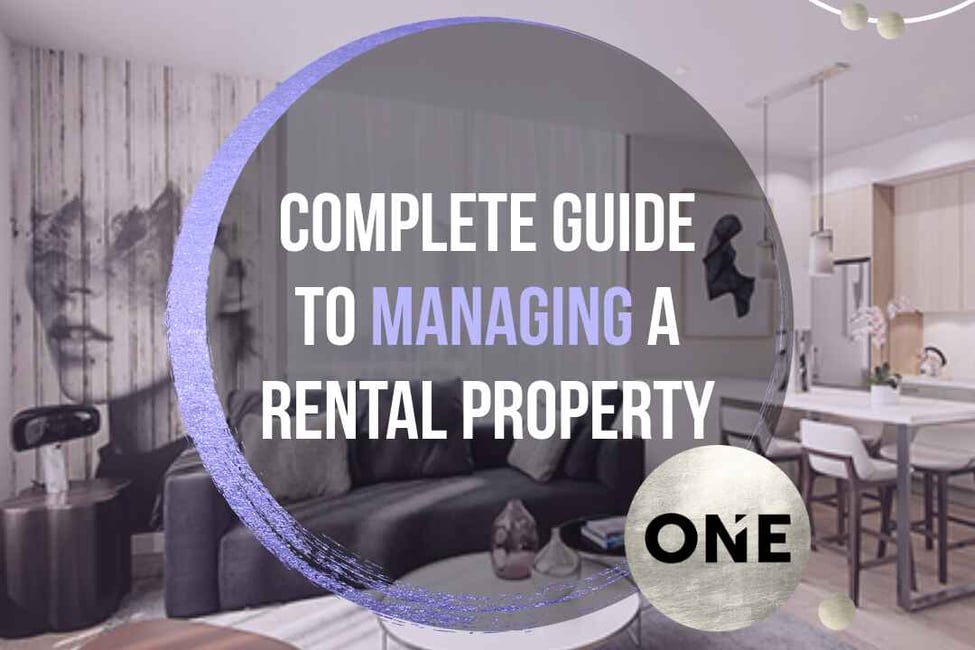Maintaining consistent and timely rent payments is crucial for the success of property management. Here are effective strategies to help ensure regular and on-time rent collection:
1. Clear and Detailed Lease Agreements
Payment Terms: Clearly outline the rent amount, due date, acceptable payment methods, and late fees in the lease agreement. This transparency sets the foundation for expectations.
Consequences of Late Payment: Specify penalties for late payments and the process for handling them, including potential eviction. This helps tenants understand the importance of timely payments.
2. Offer Multiple Payment Methods
Online Payments: Provide options for online payments through property management software or payment portals. This convenience encourages timely payments.
Automatic Payments: Encourage tenants to set up automatic payments to ensure rent is paid on time each month.
Traditional Methods: Accept checks or money orders for tenants who prefer traditional payment methods, while emphasizing the convenience and security of electronic payments.
3. Consistent Communication
Payment Reminders: Send reminders a few days before rent is due via email, text, or a property management app. Automated reminders can reduce forgetfulness.
Follow-Up: If rent is not received by the due date, follow up immediately with a polite reminder. Quick follow-ups signal the importance of timely payments.
4. Enforce Late Fees and Policies
Consistency: Apply late fees consistently as outlined in the lease agreement. This encourages tenants to pay on time and demonstrates that late payments have consequences.
Waiver Policies: Decide if and when you might waive late fees, but make it clear that this is an exception, not the norm.
5. Offer Incentives for Timely Payments
Discounts: Offer small discounts for tenants who pay early or set up automatic payments.
Rewards Programs: Implement a rewards program where tenants who pay on time for a certain period (e.g., six months) receive a gift card or other small reward.
6. Thorough Tenant Screening
Credit and Background Checks: Screen tenants thoroughly before leasing. Check their credit history, rental history, and references to ensure they have a track record of paying rent on time.
Income Verification: Ensure tenants have a stable income that is sufficient to cover rent, typically at least three times the rent amount.
7. Flexible Payment Plans
Hardship Plans: Offer temporary payment plans for tenants experiencing financial hardship. This can help retain good tenants who are facing temporary difficulties.
Split Payments: Allow bi-weekly or semi-monthly payments if it aligns better with the tenant’s income schedule.
8. Regular Inspections and Engagement
Property Inspections: Conduct regular inspections to ensure the property is well-maintained and address any issues promptly. A well-maintained property encourages tenants to prioritize rent payments.
Tenant Relations: Build good relationships with tenants. Happy tenants are more likely to pay rent on time and communicate if they encounter payment difficulties.
9. Legal Action When Necessary
Eviction Process: Be prepared to start the eviction process if a tenant consistently fails to pay rent. Follow legal procedures and document all communications and attempts to collect rent.
Legal Notices: Send formal legal notices for non-payment as required by local laws. This often prompts tenants to pay or communicate.
10. Utilize Technology
Property Management Software: Use software that automates rent collection, sends reminders, tracks payments, and generates reports. This reduces manual errors and improves efficiency.
Tenant Portals: Implement tenant portals where tenants can view their payment history, pay rent, and submit maintenance requests.
Tips for Handling Late Payments
Initial Contact: Contact the tenant as soon as a payment is missed. Sometimes, a simple reminder is enough.
Payment Plan: If the tenant is experiencing temporary difficulties, consider setting up a payment plan.
Document Everything: Keep detailed records of all communications and attempts to collect rent. This documentation is crucial if legal action becomes necessary.
Stay Professional: Always maintain a professional demeanor when dealing with late payments. Avoid confrontations and focus on finding a solution.
By implementing these strategies, you can enhance rent collection processes, reduce the frequency of late payments, and maintain a steady cash flow for your property management business.

